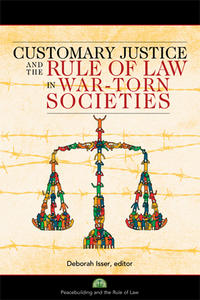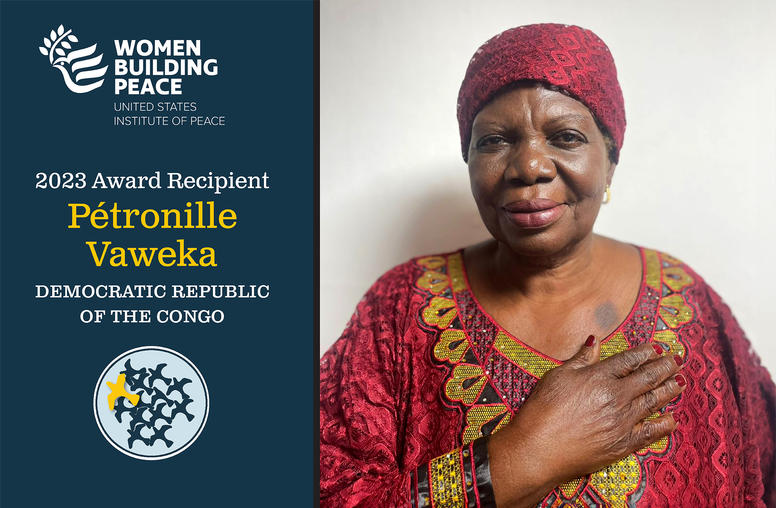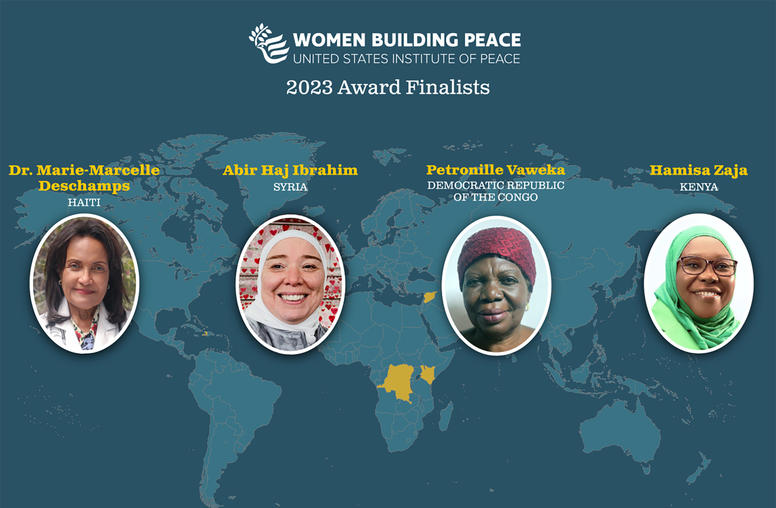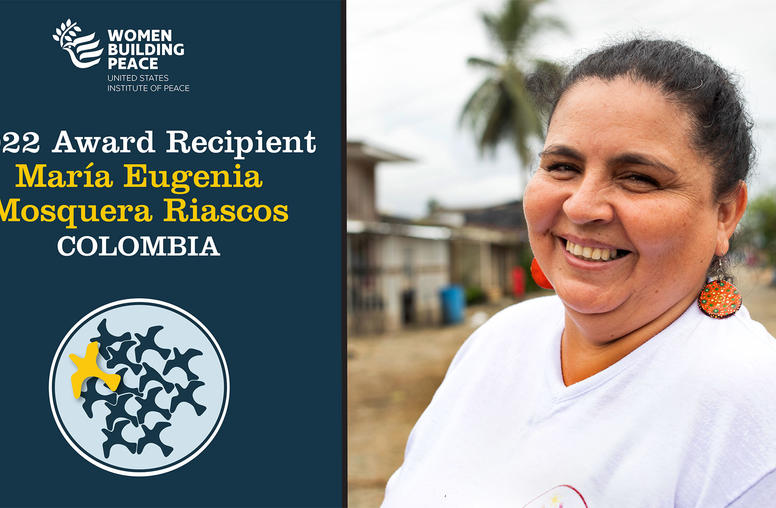Customary Justice Systems Play an Important Role in Postconflict Justice Strategies
In a new volume, “Customary Justice and the Rule of Law in War-Torn Societies” from the United States Institute of Peace, editor Deborah Isser argues that measuring customary justice systems against Western rule-of-law templates leads to strategies that fail to address the concerns of the population and impedes access to justice.
For Immediate Release
Contact: Meg Pierannunzi, 202-429-4736
Allison Sturma, 202-429-4725
 (Washington)– In a new volume, “Customary Justice and the Rule of Law in War-Torn Societies” from the United States Institute of Peace, editor Deborah Isser argues that measuring customary justice systems against Western rule-of-law templates leads to strategies that fail to address the concerns of the population and impedes access to justice.
(Washington)– In a new volume, “Customary Justice and the Rule of Law in War-Torn Societies” from the United States Institute of Peace, editor Deborah Isser argues that measuring customary justice systems against Western rule-of-law templates leads to strategies that fail to address the concerns of the population and impedes access to justice.
“Customary justice systems are generally seen as either a side issue on the margins of the justice sector or a troublesome obstacle to the rule of law. The chapters in this volume serve as a sober rebuttal to this view,” said Isser. “The case studies demonstrate that customary justice systems must be treated as an enduring and influential component of the justice landscape as a whole and that policymakers and practitioners who ignore or seek to undermine them are doomed to fail.”
Moving beyond the narrow lens of legal analysis, the seven cases in the volume—Mozambique, Guatemala, East Timor, Afghanistan, Liberia, Iraq, Sudan—incorporate a nuanced analysis of the social, cultural, historical, and institutional context of the justice system as a whole.
Written by experts, the case studies provide advice on how to engage with customary law and suggest concrete ways policymakers can bridge the divide between formal and customary systems in both the short and long term. The recommendations stress the importance of focusing on practical solutions to real and current problems as determined by the population, rather than on pushing for a predetermined end state. The contributors suggest ways to support a constructive and inclusive process through which constituents can create a form of legal pluralism that will best reflect the needs and aspirations of society as a whole.
In conflict-affected communities scarred by legacies of violence, customary justice systems often offer locally legitimate processes for dispute resolution that have a proven capacity to peacefully resolve grievances within the community and prevent the escalation of acute political violence. The book offers valuable insights for practitioners and policymakers approaching justice and the rule of law in countries like Yemen and Libya that are experiencing political upheaval. The book provides tools so that future engagements do not repeat the mistakes of the past.


